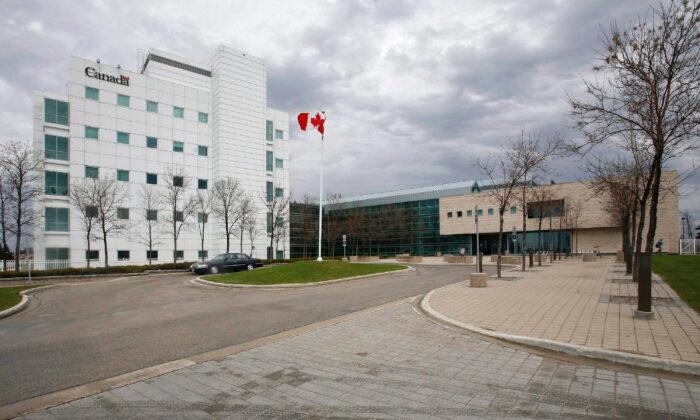The Liberal government has reached an agreement with opposition parties to create a special committee, giving MPs complete access to previously withheld documents in relation to the firing of two scientists from Canada’s highest-security laboratory in Winnipeg and shipments of deadly viruses to China.
Government House Leader Speaker Mark Holland said his Conservative, NDP, and Bloc Québécois counterparts have signed a memorandum of understanding that will allow MPs on the special committee to learn the reasons behind the eviction of Xiangguo Qiu and her husband Keding Cheng from the National Microbiology Laboratory (NML) in January 2021.The couple was first escorted out of the NML facilities in July 2019 and were stripped of their security clearances. Controversies were raised after documents obtained by CBC News through an Access to Information request showed Qiu was in charge of shipping the deadly Ebola and Henipah viruses to the Wuhan Institute of Virology in China in 2019.





